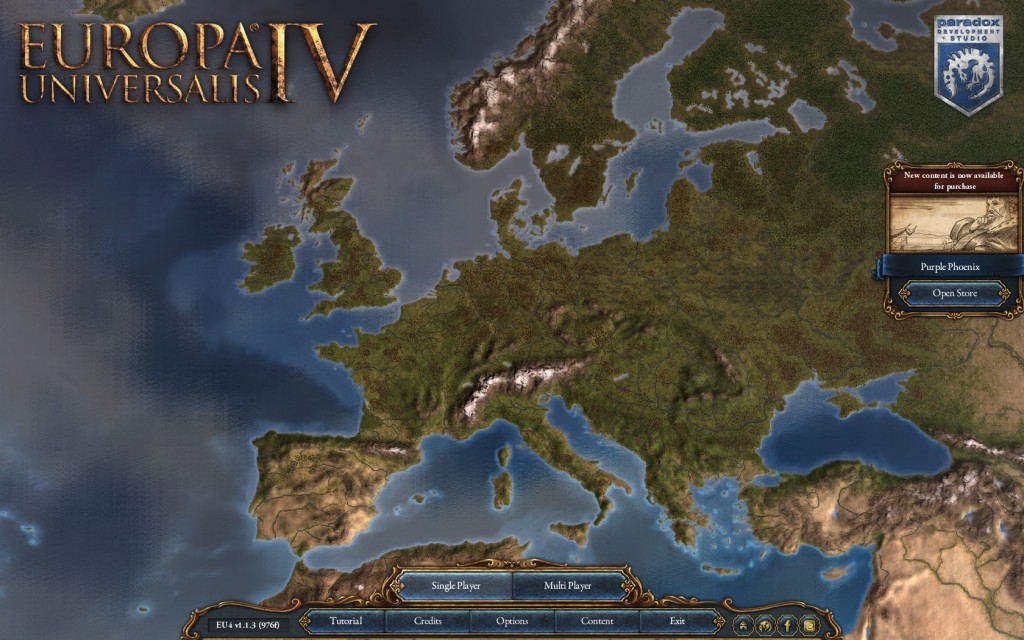 Η αβάσταχτη ελαφρότητα της σαχλαμάρας by Harry G. Frankfurt
Η αβάσταχτη ελαφρότητα της σαχλαμάρας by Harry G. Frankfurt
My rating: 3 of 5 stars
Ένα βιβλίο το οποίο καταπιάνεται με τη θεωρητική ανάλυση της σαχλαμάρας. Πριν αναφέρω οτιδήποτε περισσότερο, το ότι το bullshit μεταφράζεται «σαχλαμάρα» (ο πρωτότυπος τίτλος του βιβλίου είναι “On Bullshit”) δεν το καταλαβαίνω. Ναι μεν το bullshit έχει νοηματική συγγένεια με τη λέξη σαχλαμάρα, αλλά η βαρύτητα της λέξης -αυτό που στα αγγλικά θα λέγαμε tenor ή register– δεν έχει καμία σχέση. Ίσως απλά ο εκδοτικός οίκος Λιβάνη δεν ήθελε να βγάλει βιβλίο με τον τίτλο «Μιλώντας για μαλακίες».
Τελικά, τι είναι η σαχλαμάρα, τι σημαίνει το να λέει κανείς μαλακίες; Με αυτό ακριβώς ασχολείται αυτό το πολύ πολύ μικρό βιβλιαράκι το οποίο μπορεί κανείς να τελειώσει σε 40 λεπτά. Ο κ. Frankfurt πιάνει το θέμα από μια πολύ Te σκοπιά. Εν συντομία, καταλήγει ότι η διαφορά του ψεύτη και του καπετάν Σαχλαμάρα, είναι πως ο ψεύτης γνωρίζει πως λέει ψέμματα αλλά θέλει να πείσει πως λέει την αλήθεια, με αυτή του τη στάση δίνοντας σημασία στην αξία της αλήθειας. Αντίθετα, όποιος λέει σαχλαμάρες δεν τον νοιάζει αν αυτά που λέει ισχύουν ή όχι, ή ακόμα ποια είναι τελικά η πραγματικότητα:
«Κάποιος που λέει ψέματα και κάποιος που λέει αλήθεια παίζουν, θα λέγαμε, το ίδιο παιχνίδι από αντίθετες πλευρές. Καθένας τους αντιδρά στα γεγονότα όπως τα αντιλαμβάνεται, μολονότι η αντίδραση του ενός εξουσιάζεται από την αλήθεια, ενώ η αντίδραση του άλλου αψηφά αυτή την εξουσία και αρνείτα να ανταποκριθεί στις απαιτήσεις της. Ο μπουρδολόγος, όμως, αγνοεί αυτές τις απαιτήσεις εντελώς. Δεν απορρίπτει την εξουσία της αλήθειας, όπως κάνει ο ψεύτης, και δεν την αντιστρατεύεται. Απλώς δεν της δίνει καμιά προσοχή. Εξαιτίας αυτού ακριβώς του γεγονότος, η σαχλαμάρα είναι μεγαλύτερος εχθρός της αλήθειας από το ψέμα.»
Το βιβλίο κλείνει με μια ενδιαφέρουσα παρατήρηση: λόγω της σύγχρονης κουλτούρας που δίνει λιγότερη έμφαση στην αντικειμενική πραγματικότητα και αμφισβητεί ακόμα και την ύπαρξη της ή τη δυνατότητα κατανόησης της, θεωρείται συχνά σημαντικότερη η ειλικρίνεια απ’ότι η ορθότητα του λόγου. Αλλά
«είναι παράλογο ότι εμείς οι ίδιοι είμαστε συγκεκριμένοι, και ως εκ τούτου υποκείμενοι τόσο σε ορθές όσο και σε εσφαλμένες περιγραφές, κι από την άλλη να υποθέτουμε ότι η απόδοση της ιδιότητας του συγκεκριμένου σε οτιδήποτε άλλο έχει αποδειχτεί λάθος. Ως συνειδητά όντα, υπάρχουμε μόνο σε απάντηση άλλων πραγμάτων και δεν μπορούμε να γνωρίζουμε καθόλου τον εαυτό μας χωρίς να γνωρίζουμε εκείνα. Επιπλέον, δεν υπάρχει τίποτα στη θεωρία, και σίγουρα τίποτα στην εμπειρία, που να στηρίζει την άποψη ότι το ευκολότερο πράγμα είναι η γνώση της αλήθειας για τον εαυτό μας. Τα γεγονότα που μας αφορούν δεν είναι τόσο ακλόνητα και ανθεκτικά στην ανάλυση. Η ανθρώπινη φύση είναι απατηλή και άπιαστη – λιγότερο σταθερή και συμφυής από τη φύση άλλων πραγμάτων. Και στο βαθμό που αυτό ισχύει, η ειλικρίνεια αυτή καθαυτή είναι σαχλαμάρα».
Κι έτσι τελειώνει το βιβλίο. Τροφή για σκέψη. Θα έλεγα πως ούτε για την αντικειμενική πραγματικότητα μπορούμε να μιλήσουμε με σιγουριά· τι καθιστά το παραπάνω απόφθεγμα αυτούς οι οποίοι μιλάνε για την αντικειμενική πραγματικότητα λες και την ξέρουν, και γιατί δεν ισχύει για εκείνους η ίδια γενίκευση; Είναι μόνο θέμα βαθμών; Πχ μπορώ να ξέρω τις επιστημονικές αλήθειες, ή το τι καιρό κάνει σήμερα και να τις περιγράψω με περισσότερη ακρίβεια και αλήθεια απ’ότι μπορώ να εκφράσω το τι θέλω και το ποιος είμαι; Πιστεύω ότι το μόνο που μπορούμε να εκφράσουμε τελικά είναι η δική μας πεποίθηση ή θέση: η αλήθεια θα είναι η ειλικρίνεια αυτής της άποψης και το ψέμα η απόκρυψη και παραποίηση της. Δεν μου αρέσει αυτή η ποιοτική ιεράρχηση της αντικειμενικής και της υποκειμενικής ή προσωπικής αλήθειας. Με άλλα λόγια: θεωρώ λόγου χάρη πιο σημαντική την προφορική ιστορία (oral history), ότι μπορεί να νοηματοδοτήσει περισσότερο το παρελθόν, απ’ότι μια αντικειμενική “mainstream” ιστορία. Αυτό με την προϋπόθεση βέβαια ότι η κοινή γνώμη είναι αυτή που καθορίζει τι είναι το αντικειμενικά πραγματικό, και συμφωνήσουμε ότι σαν αξία από μόνη της δεν υπάρχει, όπως αν δεν ακούσει κανείς το δέντρο που πέφτει στο δάσος θα είναι σαν να μην έκανε ήχο. Αλλά εδώ μπαίνουμε σε άλλα.
Ας μείνουμε σε αυτό: αν δεν σε ενδιαφέρει αν το δέντρο έπεσε και πεις οτιδήποτε, είσαι σαχλαμάρας, ένας bullshit artist. Αν πεις οτιδήποτε άλλο, μπορεί να λες ψέματα και αλήθεια ταυτόχρονα. Χμ…
Δεν άντεξα: η ίδια μου η κατακλείδα δεν κατέληξε κάπου αλλά έθεσε νέους προβληματισμούς.
Στοπ.
View all my reviews
 The Etymologicon: A Circular Stroll through the Hidden Connections of the English Language by Mark Forsyth
The Etymologicon: A Circular Stroll through the Hidden Connections of the English Language by Mark Forsyth








